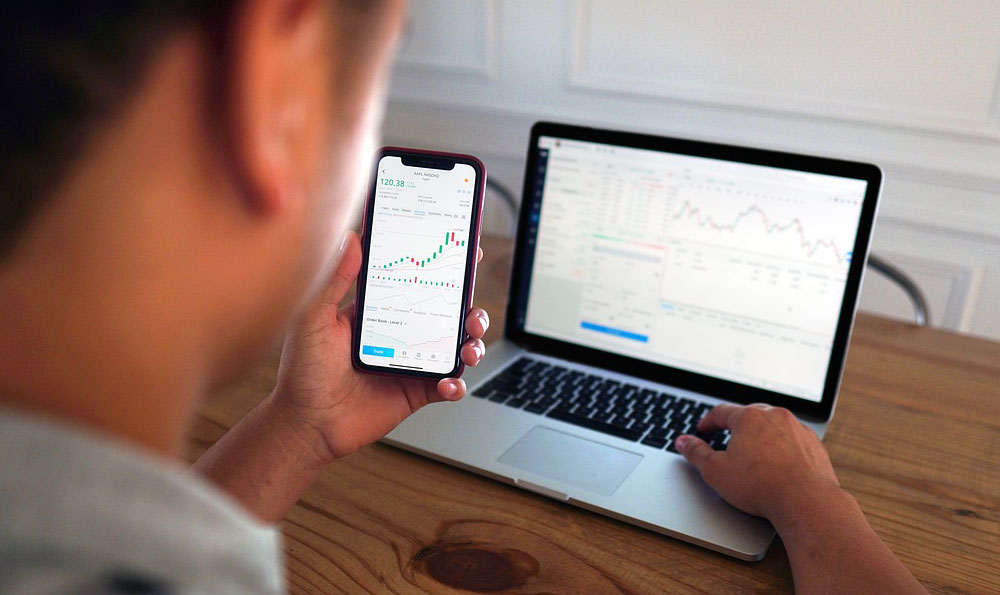Okay, I understand. Here's an article answering the questions posed in the title "How Can I Start a Podcast for Free? And Is It Possible to Make Money Doing So?", aiming for a comprehensive and engaging approach, avoiding excessive bullet points and numbered lists, and refraining from using the specific title within the content.
Starting a podcast can seem daunting, shrouded in technical jargon and perceived high costs. However, the truth is that launching your voice into the digital audio sphere can be surprisingly accessible, even on a shoestring budget. And yes, the dream of monetizing your passion project is entirely within reach, though it requires dedication, strategic planning, and a realistic understanding of the podcasting landscape.
The first, and arguably most crucial, step in establishing your audio presence is defining your niche. What unique perspective or knowledge can you offer? What audience are you hoping to connect with? Overly broad topics often get lost in the noise. A highly specific niche, while potentially smaller, allows you to establish yourself as an authority and attract a loyal following. Think "The History of Victorian Era Tableware" instead of just "History." The more focused you are, the easier it will be to attract listeners genuinely interested in your content.

Once your niche is solidified, you need to plan your content. Brainstorm a backlog of episode ideas. Consider different formats – interviews, solo narratives, panel discussions, or even fictional storytelling. Creating a content calendar can help you stay organized and consistently produce fresh material. This pre-planning is especially vital when starting for free, as it ensures you're not scrambling for ideas last minute, potentially sacrificing quality.
Now, let's dive into the practicalities of recording without breaking the bank. While professional-grade equipment is desirable, it's not essential at the outset. Your smartphone or computer often has a built-in microphone that's perfectly adequate for initial recordings. Experiment with recording in a quiet room, ideally with soft surfaces to minimize echo. Closets, draped with blankets, are surprisingly effective DIY sound booths. Free audio editing software, such as Audacity (for desktop) or GarageBand (for Mac users), provides all the tools necessary to trim, edit, and enhance your recordings. YouTube is a treasure trove of tutorials demonstrating how to use these programs effectively.
Choosing a hosting platform is the next pivotal decision. This is where your podcast episodes will live online and be distributed to various podcast directories like Apple Podcasts, Spotify, and Google Podcasts. Several platforms offer free tiers with limitations, such as restricted storage space or bandwidth. Anchor.fm, now owned by Spotify, is a popular choice for beginners, offering unlimited hosting and distribution, as well as basic editing tools and monetization options. Buzzsprout, while not entirely free, often offers free trials or starter plans that can be suitable for early-stage testing. Carefully compare the features and limitations of each platform to find the best fit for your needs.
Creating compelling artwork for your podcast is crucial for attracting listeners. Think of it as your visual billboard in the crowded podcast market. While hiring a professional designer is ideal, you can create appealing cover art using free online tools like Canva. Remember to use high-resolution images and choose a design that accurately reflects your podcast's theme and tone.
Once your podcast is live, promotion becomes paramount. Share your episodes on social media, engage with your audience, and participate in relevant online communities. Guest appearances on other podcasts, and reciprocal guest slots for other podcasters on your show, can be a mutually beneficial way to cross-promote. Consider creating a website or blog to house your podcast episodes and provide additional content for your listeners. SEO optimization, using relevant keywords in your episode titles and descriptions, will also help improve your podcast's visibility in search results.
Now, let's address the all-important question of monetization. While the path to podcast riches isn't guaranteed, numerous avenues exist to generate revenue.
One of the most common monetization methods is advertising. As your audience grows, you can approach companies directly or work with podcast advertising networks to secure sponsorships. Ad rates vary depending on factors like listenership, niche, and ad placement (pre-roll, mid-roll, or post-roll).
Affiliate marketing is another viable option. By recommending products or services that align with your podcast's theme and providing listeners with unique affiliate links or discount codes, you can earn a commission on each sale generated through your referral.
Selling merchandise related to your podcast, such as t-shirts, mugs, or stickers, can also be a profitable venture. Online platforms like Printful or Teespring allow you to create and sell custom merchandise without requiring upfront investment in inventory.
Offering premium content or services to your listeners is another way to generate revenue. This could include bonus episodes, exclusive interviews, early access to content, or even online courses or workshops related to your podcast's topic. Platforms like Patreon allow you to create membership programs and receive recurring payments from your loyal fans.
Crowdfunding through platforms like Kickstarter or Indiegogo can be used to raise funds for specific projects, such as upgrading equipment or producing a season of high-quality episodes.
Finally, consider offering consulting or coaching services related to your podcast's expertise. If you've established yourself as an authority in a particular field, you can leverage your podcast to attract clients and offer personalized guidance.
Ultimately, the key to monetizing your podcast lies in building a strong, engaged audience and consistently delivering high-quality content. It's a marathon, not a sprint. Be patient, persistent, and passionate about your topic, and the opportunities for monetization will naturally arise. Remember, even starting entirely for free, you can cultivate a valuable and potentially profitable online presence with dedication and smart strategies. Don't underestimate the power of consistent effort and genuine connection with your listeners.











